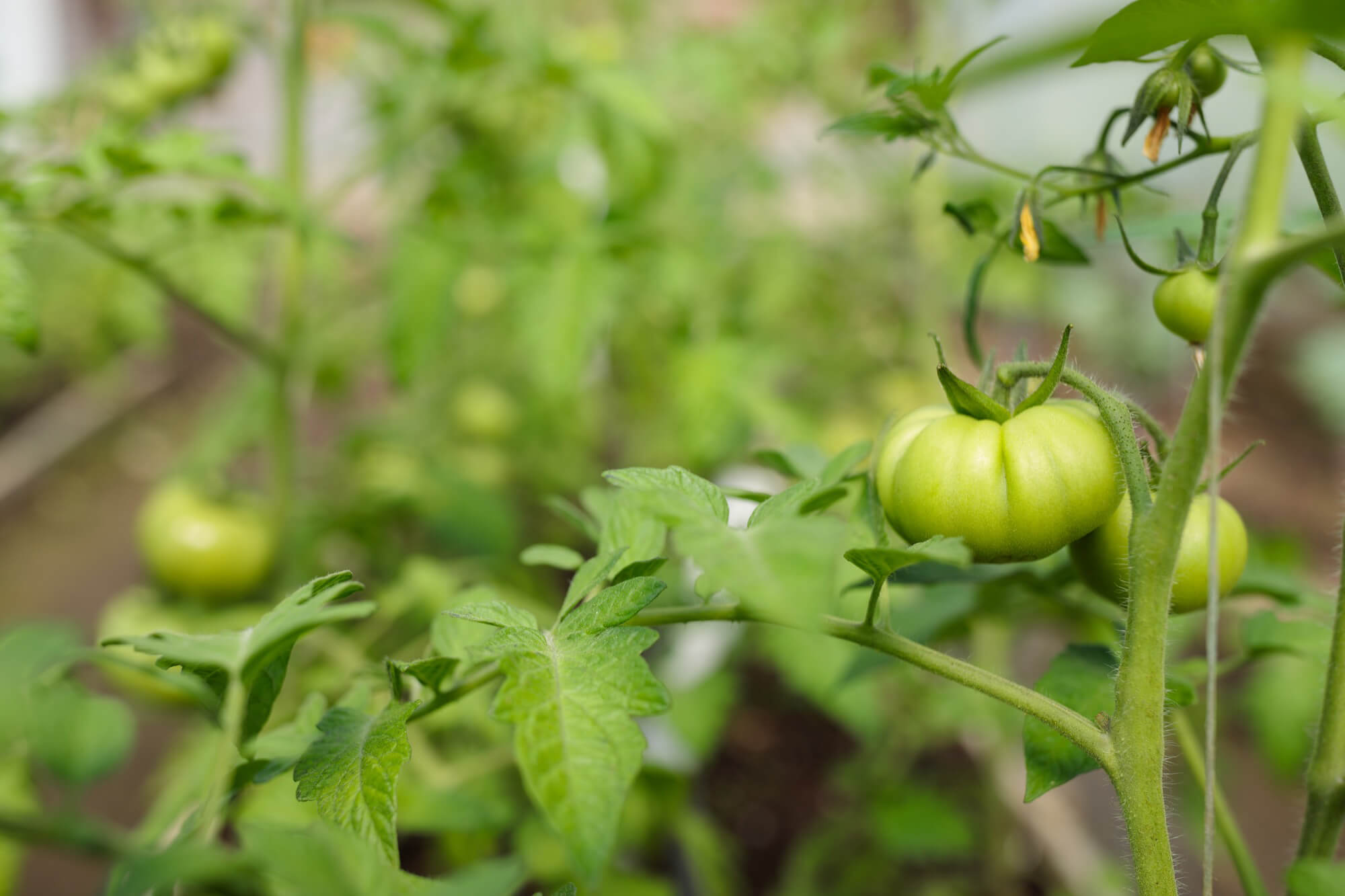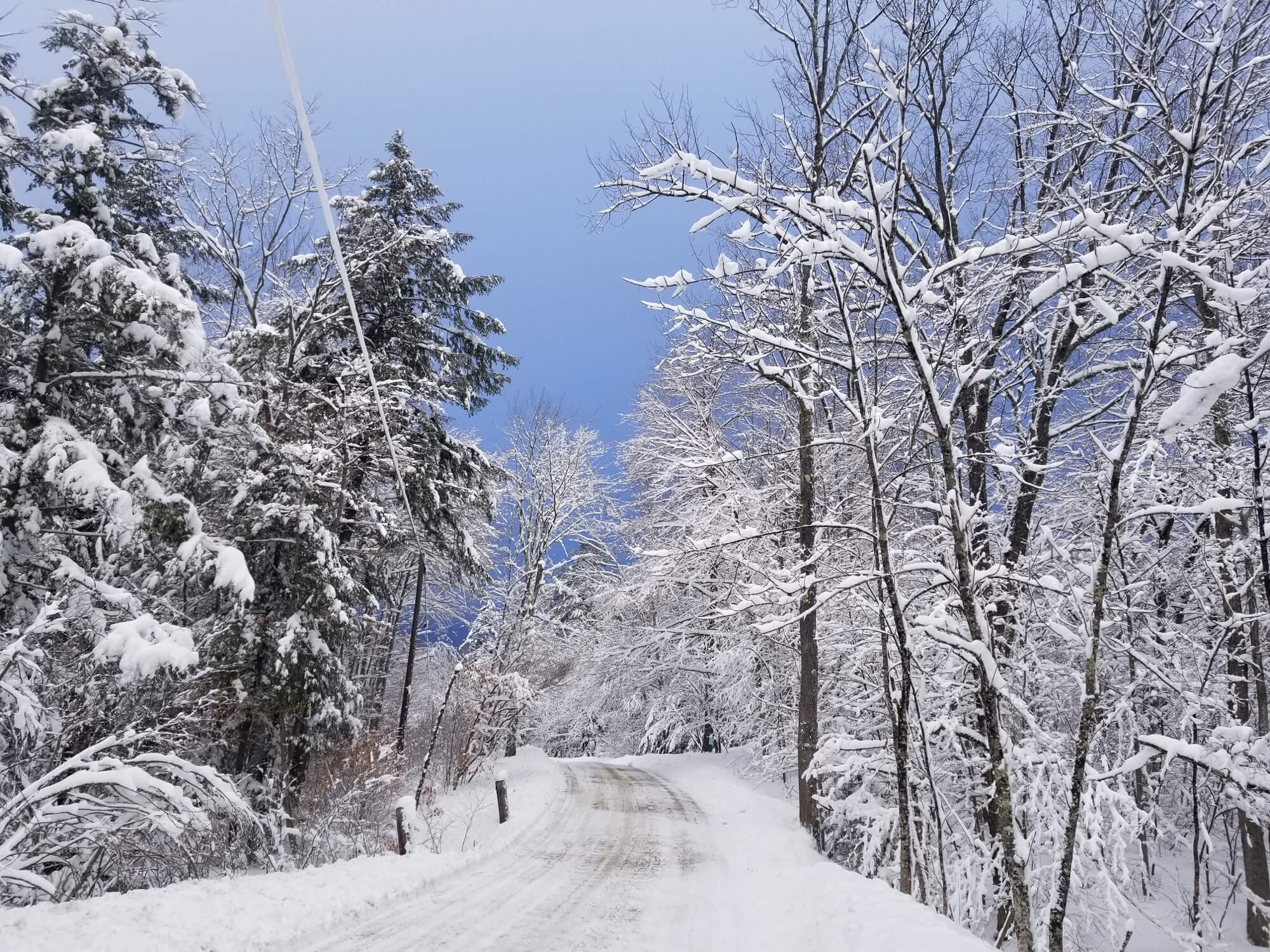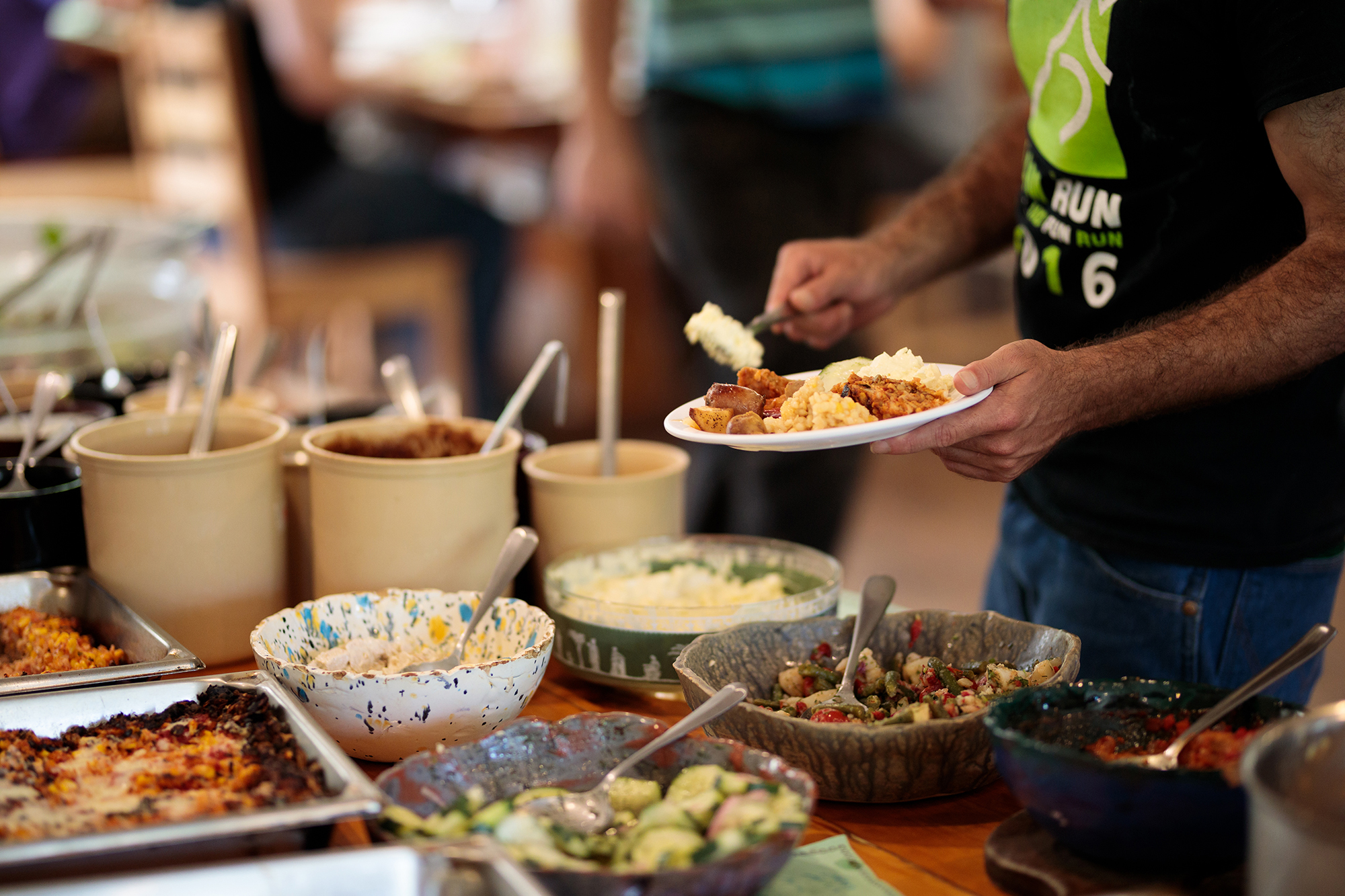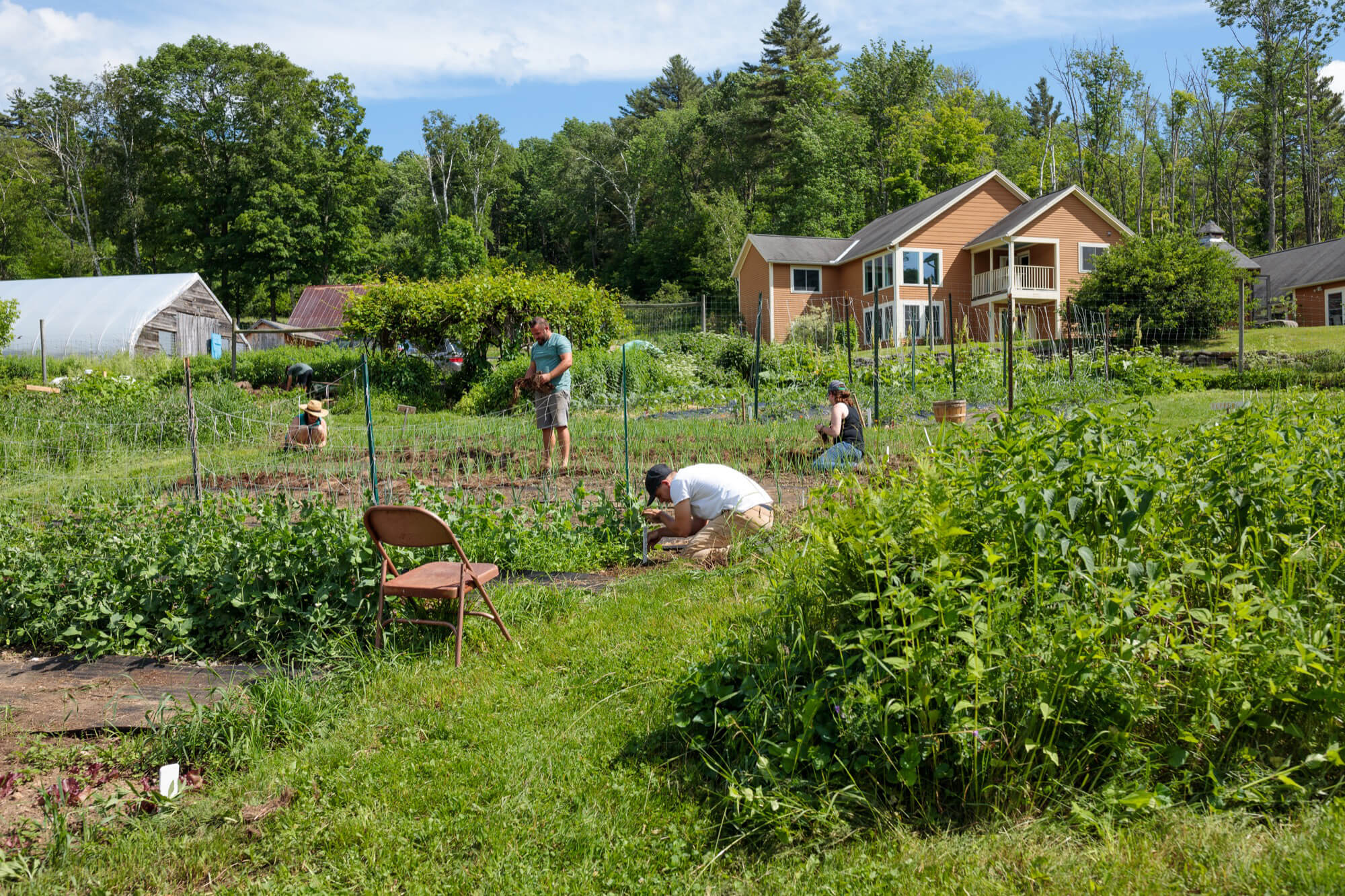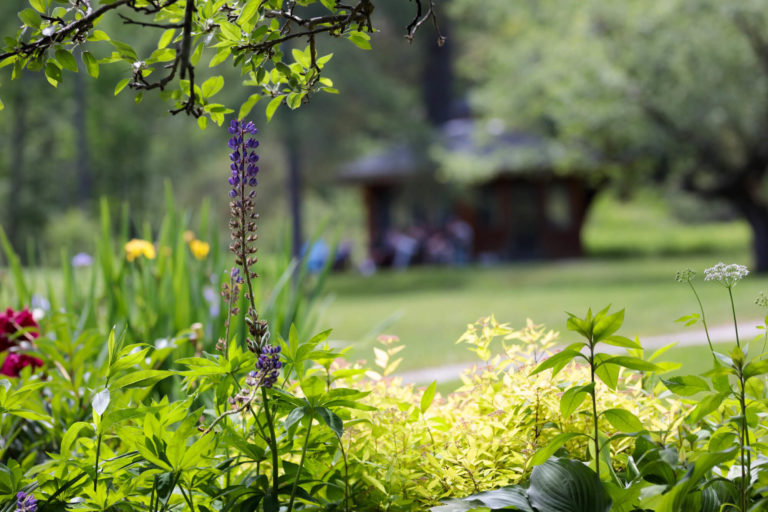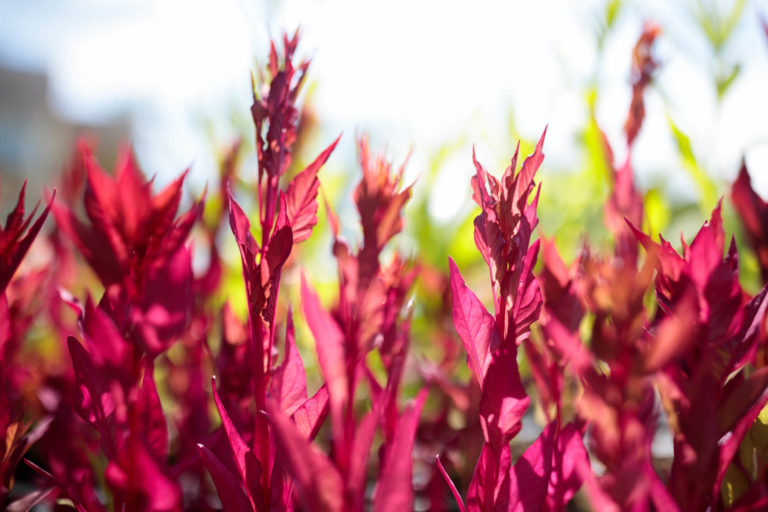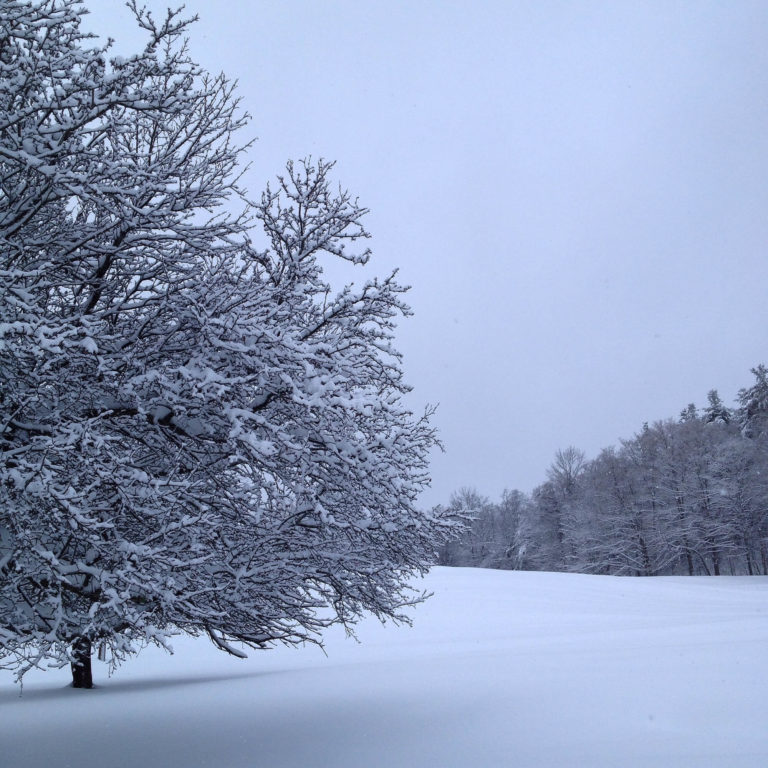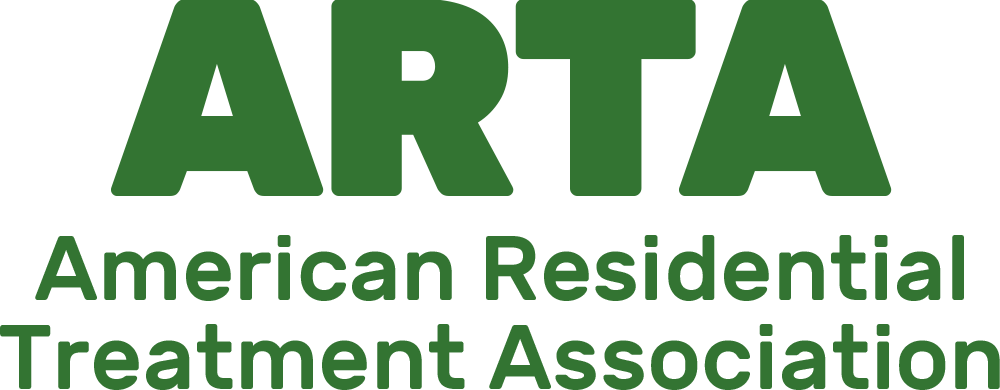My name is Akbar Abidi. I was born and raised in Los Angeles and I am about to turn 29 years old. I was diagnosed with depression, ADHD, and insomnia when I was ten years old. Although I started treatment for those conditions that year, I was too young to understand what mental illness was, and the stigma associated with it in my family kept me from ever being educated enough to know what was going on. I lived a relatively average life with normal highs and lows until I started experimenting with substances in high school. My depression, which had been mostly dormant for several years, came back with a vengeance and I found solace in self-medication. I like to think that my “experimentation” was relatively tame, but that was not the case. I experienced some trauma in 2008, the summer after high school graduation, and that sent me spiraling out of control. That was when I tried heroin. I was hooked the second it was in my system. I like to think I remained a relatively functional addict for some time, but I was just in denial.
My addiction consumed me completely. Drugs made my depression worse, which I medicated with more drugs. I lost eight years of my life to this vicious, never-ending cycle. I was not living, but merely existing. I realized that I had hit rock bottom sometime in 2015 when my old friends staged an intervention. I thought it was touching, and I liked that people still cared about me, but I didn’t care enough about myself to do anything about it. A family friend who had sent his sons to Spring Lake Ranch reached out to my dad and told him there was help to be found. I agreed to go check the place out, though it was more to appease my parents than to get well. I had no intent to recover. I planned to stay for the typical visit duration, about 2 or 3 days. I had never been to the east coast before, nor had I ever considered treatment for my disease.

